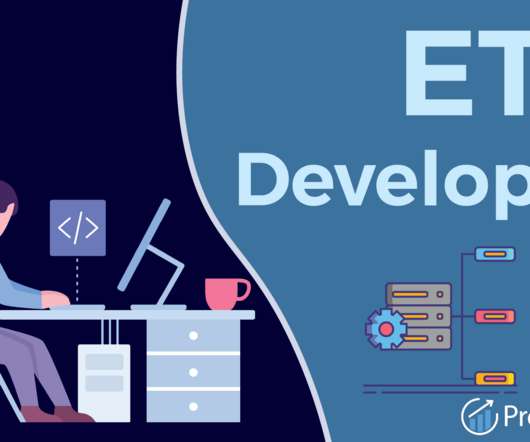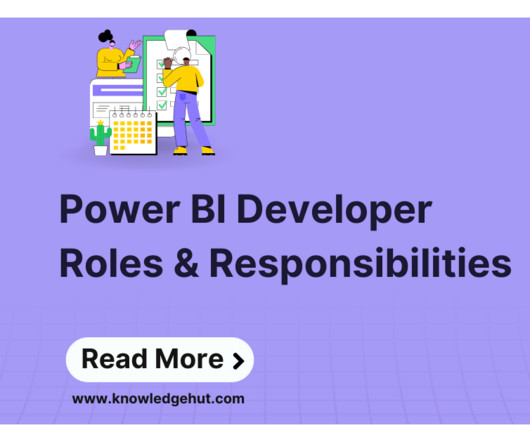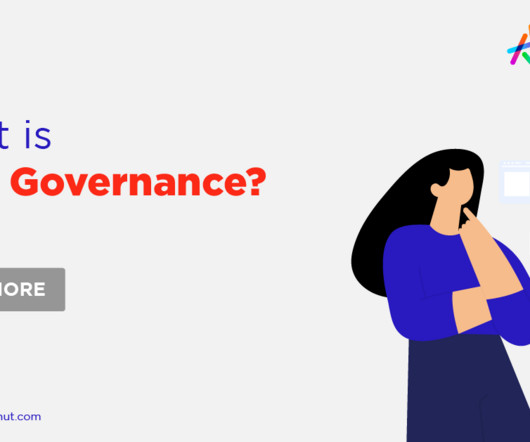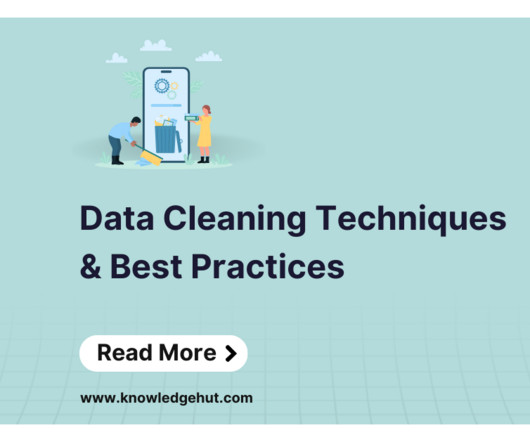Data Consistency vs Data Integrity: Similarities and Differences
Databand.ai
AUGUST 30, 2023
Data Consistency vs Data Integrity: Similarities and Differences Joseph Arnold August 30, 2023 What Is Data Consistency? Data consistency refers to the state of data in which all copies or instances are the same across all systems and databases. Data consistency is essential for various reasons.

















Let's personalize your content